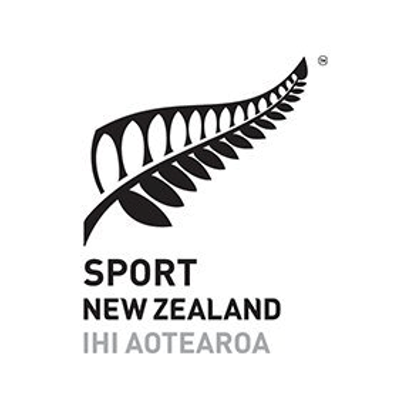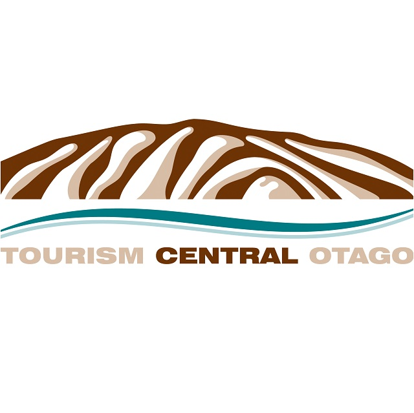Strategic Planning
Review, analyse and set your future direction

A Vision for Active Recreation
Seeking to align the active recreation sector with the changing needs and expectations of participants, Angus & Associates conducted an extensive consultation on behalf of lead agency Sport New Zealand and other government agencies and developed a sector-wide plan to ‘future-proof’ the active recreation sector.
This wide-ranging multi-phase project involved in-depth reviews of supply and demand and a series of cross-sector strategic workshops throughout New Zealand.
As a result of the strategic planning, the sector now has a clear vision for the future, one shared by Sport New Zealand, sporting and active recreation organisations and government agencies.

Growing Value Tourism
Angus & Associates worked with Tourism Central Otago and the Central Otago District Council to prepare a 10-year regional tourism strategy for the region. The strategy was designed around the concept of value – for visitors, for communities that host visitors, for investors in tourism, and for the environment.
The development process involved workshops with industry and the wider community, and in-depth analysis of the industry’s supply-side and the visitor segments that align with community aspirations and the destination character.
A key aspect of the strategy development was a set of target market personas developed to guide on-going decision-making for destination development and marketing.

Sharing our Stories
Working alongside government agencies Heritage New Zealand, the Department of Conservation and Ministry for Culture and Heritage, Angus & Associates crafted a comprehensive five-year strategic plan for Tohu Whenua, a government entity charged with advocating a series of significant heritage sites.
With a strong focus on engagement and building relationships for Tohu Whenua’s future growth, Angus & Associates consulted representatives of Māori iwi (tribes), industry stakeholders such as site owners/managers, local government and community groups all over New Zealand. This process defined the key traits of a successful Tohu Whenua programme and the actions required to maximise its benefits for each stakeholder and their wider communities.
A secondary engagement of past and prospective heritage consumers via targeted qualitative workshops gave insight into what makes memorable heritage experiences, and gathered feedback on the Tohu Whenua branding.

Destination Development and Management
Under the Government’s Just Transition Workplan for Southland Murihiku, Great South is leading long-term planning for the region. Destination Development and Management is a focus area. Angus & Associates was asked to determine what the communities of Southland want from tourism and their views on its development.
Information was collected via a survey that was aligned to Angus & Associates Views on Tourism product, allowing comparisons to be made with other regions. Three workshops were held with key community stakeholders. One of the workshops was specifically for youth.
The research has provided essential insights into community values and how tourism can be developed to reflect the expectations of different communities across Southland. The findings are being used for the update of the Southland Murihiku Destination Strategy.
